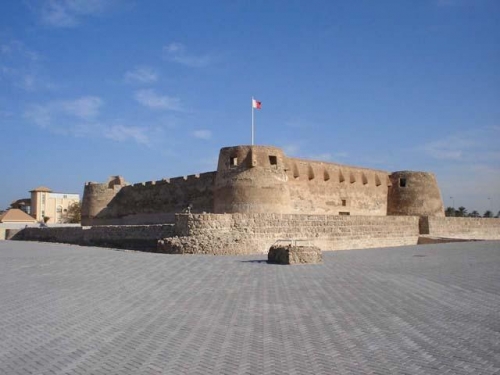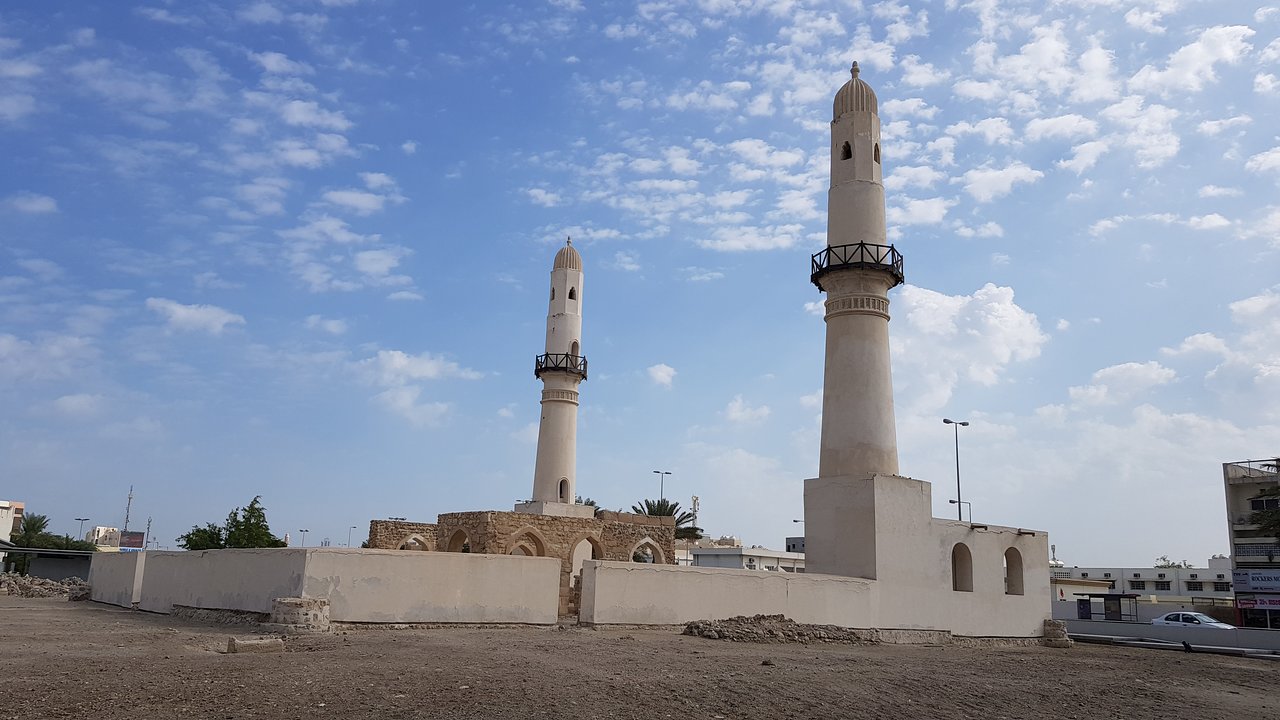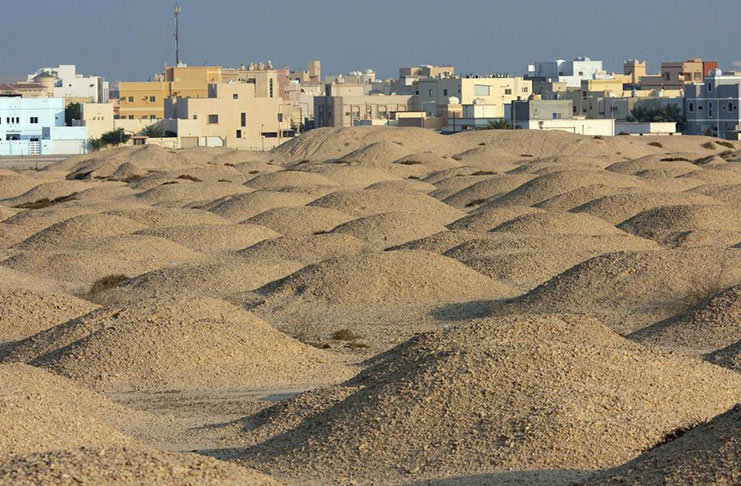Survive, revive and thrive
TDT | Manama
The Daily Tribune – www.newsofbahrain.com
The COVID-19 pandemic offers a unique opportunity for the Kingdom of Bahrain to hit the reset button to make the tourism sector a more resilient and sustainable engine for economic growth and development. This was the assessment of Bahrain Tourism and Exhibitions Authority (BTEA) chief executive officer Nader Khalil Almoayyed as he hopes to turn the present crisis into an opportunity to shape a tourism industry that delivers real benefits for the Kingdom.
Almoayyed said that with a different approach and proper direction, tourism can be a sustainable, beneficial and socio-economic development tool. The Kingdom possesses the basic infrastructure that can be exploited to stimulate domestic tourism, Almoayyed pointed out, but still needs proper planning, more innovations and significant investment for this vital sector to survive, revive and thrive in the face of the pandemic.
Khamis Mosque
Biggest challenge
To date, COVID-19 is the biggest challenge that the global tourism sector is facing today. In fact, the United Nations World Tourism Organisation has estimated a reduction of 58% to 78% in tourist traffic across the world. This means that international tourist arrivals could drop by a billion. Typically, the tourism sector is among the first to be affected, and the last to recover during a health crisis.
The tourism industry in the Kingdom is no exception. But Almoayyed said the pain of the pandemic represents an appropriate opportunity for Bahrain to invest in tourism as it plays a pivotal role in advancing economic development through its contribution to diversifying sources of income and reducing dependence on oil revenues. With a robust tourism infrastructure in place in addition to a large historic heritage and vibrant atmosphere, Bahrain remains an important destination for Gulf and foreign tourists from various countries. Almoayyed explained that the Kingdom continues to link its modern tourism projects with its ancient history and heritage resulting in more job opportunities for both the public and private sectors and expanding economy scale. In particular, Nass wants to target Bahrain’s 5,000-year-old rich historical heritage, which to date, has been under-developed.
12million visitors
Receiving more than 12 million visitors from around the world in 2019 alone, Bahrain has grown to become a buzzing hub for tourism and continues to maintain its position as an ideal destination for experiential travel due to the unique experiences it offers its visitors that also distinguishes it from any other country in the Arabian Gulf. With the capital, Manama, recently being named ‘Capital of Arab Tourism’ for 2020, Bahrain continues to launch projects and events that are highly favoured by tourists and appeal to audiences of different ages and interests from around the world, ultimately leading to the growth of the tourism industry.
In addition to the popular tourist attractions that cater to a myriad of interests, Bahrain is also known for its historic attractions that showcase the passing of ancient civilisations making it the ideal destination for history lovers to explore.
Capital of Dilmun civilisation
Bahrain Fort, one of the main historical attractions in the kingdom, was named a UNESCO World Heritage site in 2005 with archaeological evidence indicating that the site was the capital of the Dilmun civilisation. The site, located atop a 17.5 hectare artificial hill, is thought to date back some 4500 years, though the present building is more recent. Tourists can also visit the Pearling Trail, which was also listed as a Unesco World Heritage Site in June 2012 and is located along the Island of Muharraq in the form of a long trail that consists of three oyster beds located in the northern territorial waters of Bahrain.
Listed as a Unesco World Heritage Site in 2019, the Dilmun Burial Mounds, which also frequently visited by visitors and locals, are evidence of the Early Dilmun civilisation in the 2nd millennium BCE, where Bahrain’s prosperity at the time as a trade hub enabled the inhabitants to develop an elaborate burial tradition. Other historic attraction in the kingdom include the Khamis Mosque, which is believed to be the first mosque in Bahrain and one of the oldest relics of Islam in the region, with the foundations estimated to have been laid as early as 692 AD. Bahrain has taken great strides in enhancing its position as an ideal tourism destination due to its popular landmarks and attractions, rich history, civilisation and traditions that distinguish it from any other country in the Arabian Gulf.
Related Posts



